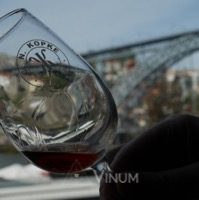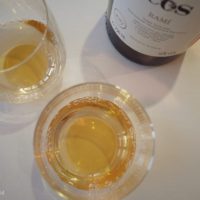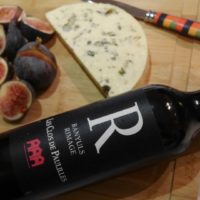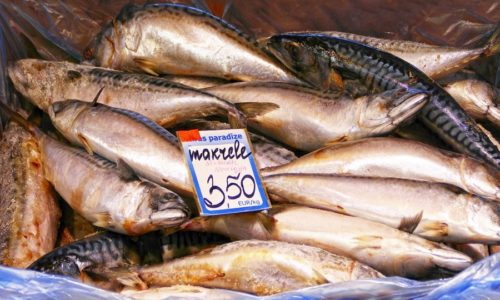The decanter. A topic of some serious discussion and controversy in wine circles. Whether you decant a wine can be as much about personal preference as anything else. And for those of you thinking ‘I haven’t got a decanter’, there is a way to do it without buying one. You simply find an empty (and well cleaned) wine bottle, pour the wine into the empty bottle and then back into the original bottle. This will imitate the effect of a short decanting. So, why would you want to decant a wine, and when might you want to do it?
The Why
The premise behind decanting is to ‘open up’ a wine. By this I mean allowing some oxygen into contact with the wine, which causes the flavours to breathe and become clearer, rather than packed together and ‘closed’.
It can also mellow harsh tannins and soften high alcohol levels as the rich flavours expand and balance the other elements in a wine. Many young wines, particularly reds of complexity and power can be very ‘closed’ and decanting can improve them hugely. It is for the same reason that you swirl the wine in the glass prior to drinking: to release flavours and aromas and soften any hard edges.
Decanting can also be of benefit if the wine has some reductive notes. Reduction in wine is the opposite of oxygenation – I.e. the wine has been particularly protected from oxygen during vinification, usually to preserve the purity of the varietal flavours in the wine. A wine made in a reductive style often smells a little of rotten eggs, struck matches and the like, due to the use of sulphur in the winemaking. This smell should dissipate with some time in a decanter as the oxygen gets to the wine. The same goes for many natural wines, which may have some ‘farmyard’ smells upon opening that can obscure the fruit flavours underneath.
*If you are interested in natural wine…
The When
So, which wines could you decant and for how long? As I said, young, powerful reds are the ideal choice.
A high-quality Bordeaux from a recent vintage, a young Barolo, an intense Southern Rhone red (Gigondas, Vaquerays), or a top-notch Argentinian Malbec, the list goes on. These wines can be happily decanted for a couple of hours prior to drinking and will most likely benefit from doing so. If you wish to see the change that occurs in a decanted wine, try a small drop when the bottle is open and then again after an hour.
Rich and complex whites – those that don’t need to be served especially chilled – can also be good candidates for decanting, albeit far less than red wines.
*More about serving temperature…
We recently had an outstanding Sauvignon/Semillon from Man O’War in New Zealand. There was a hint of reduction on the nose and the flavours were so tightly bound together that serving from a decanter, after chilling appropriately, removed the reductive notes and allowed all the wonderful aromas to emerge.
The only wines that really shouldn’t be decanted are very old wines. The flavours and aromas in such wines can be extremely delicate and will disappear quickly when exposed to air. Also, fortified wines (sherry, madeira, tawny port etc.), with the notable exception of vintage port, should not be decanted. Vintage Port has a huge amount of sediment and the decanting is primarily aimed at removing this.
*A little more about ‘fortified wines’…

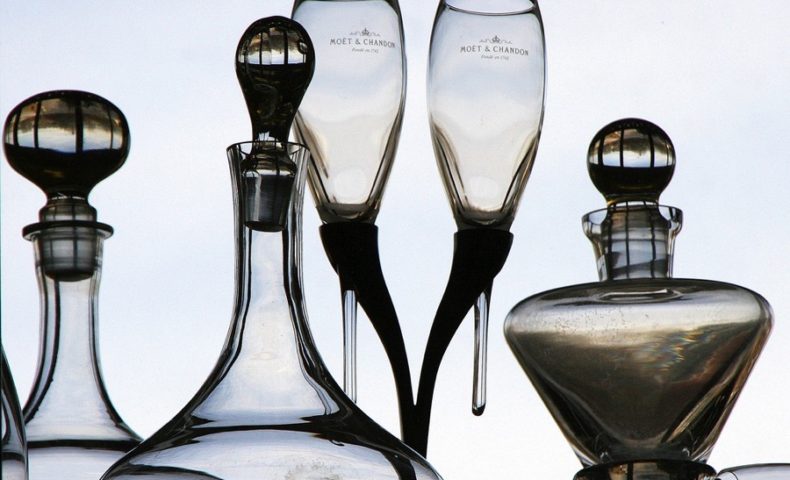
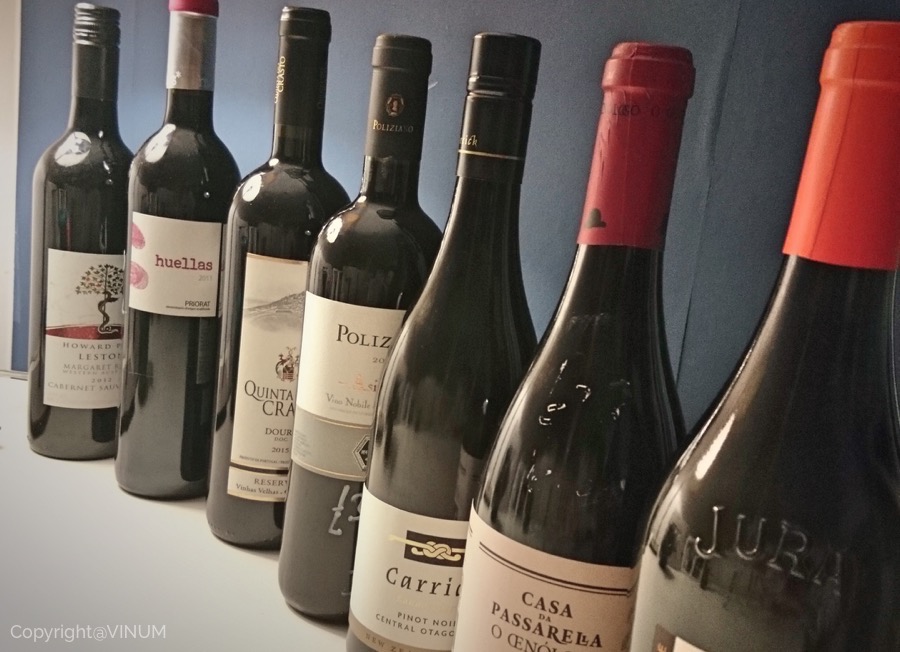
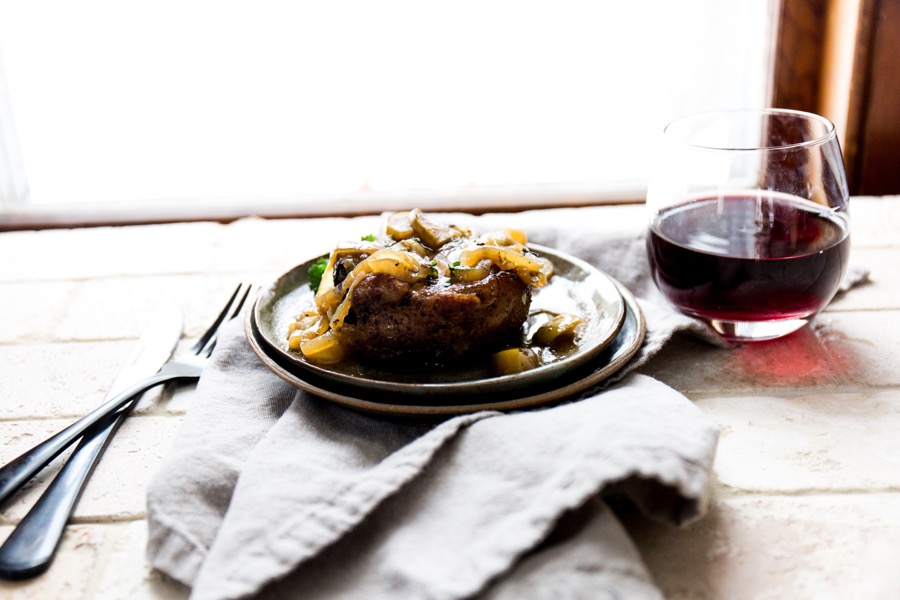

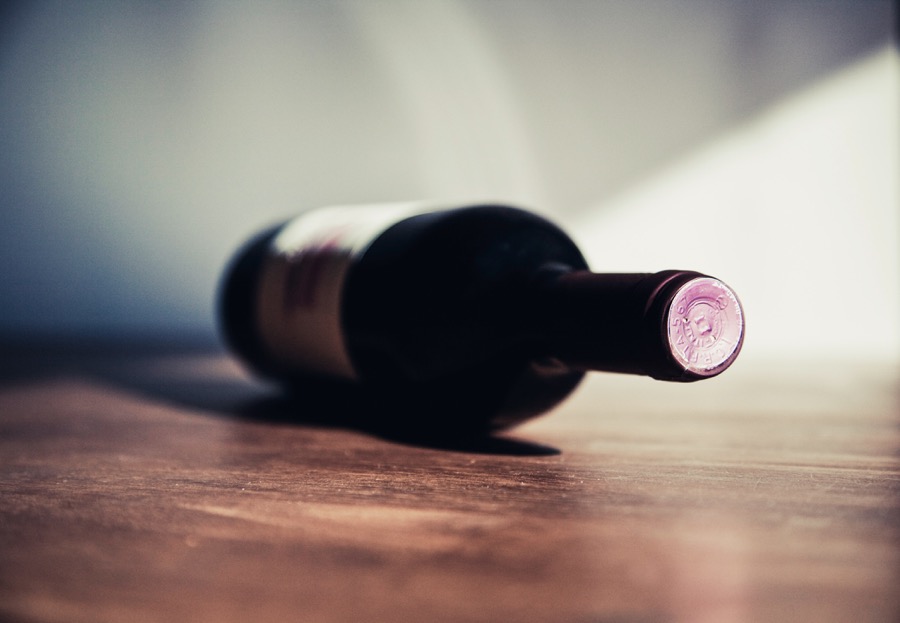
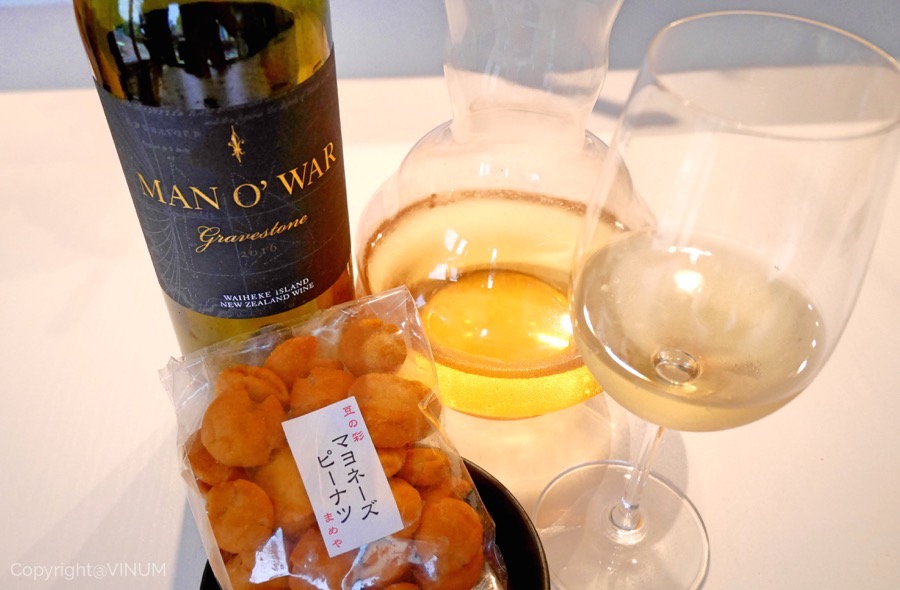

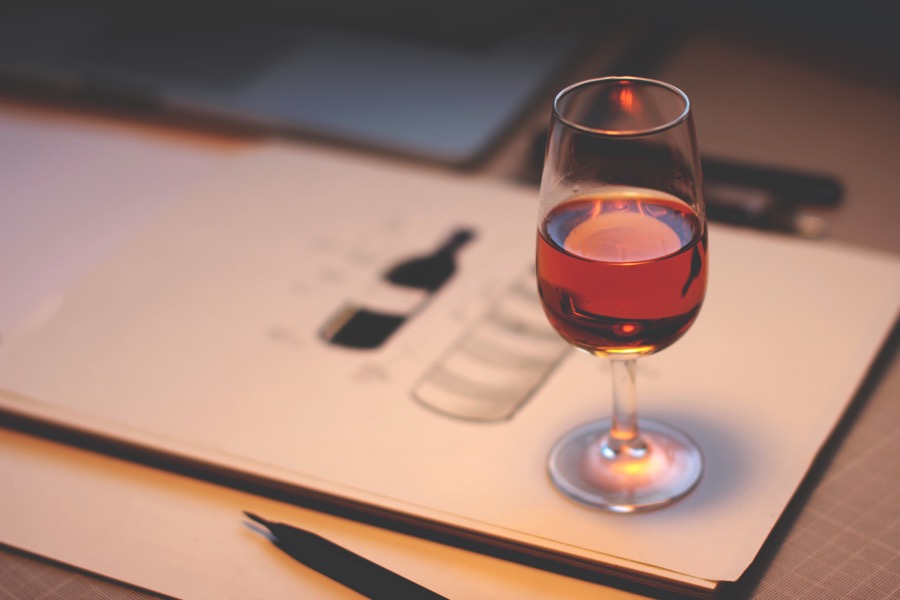









 日本語
日本語